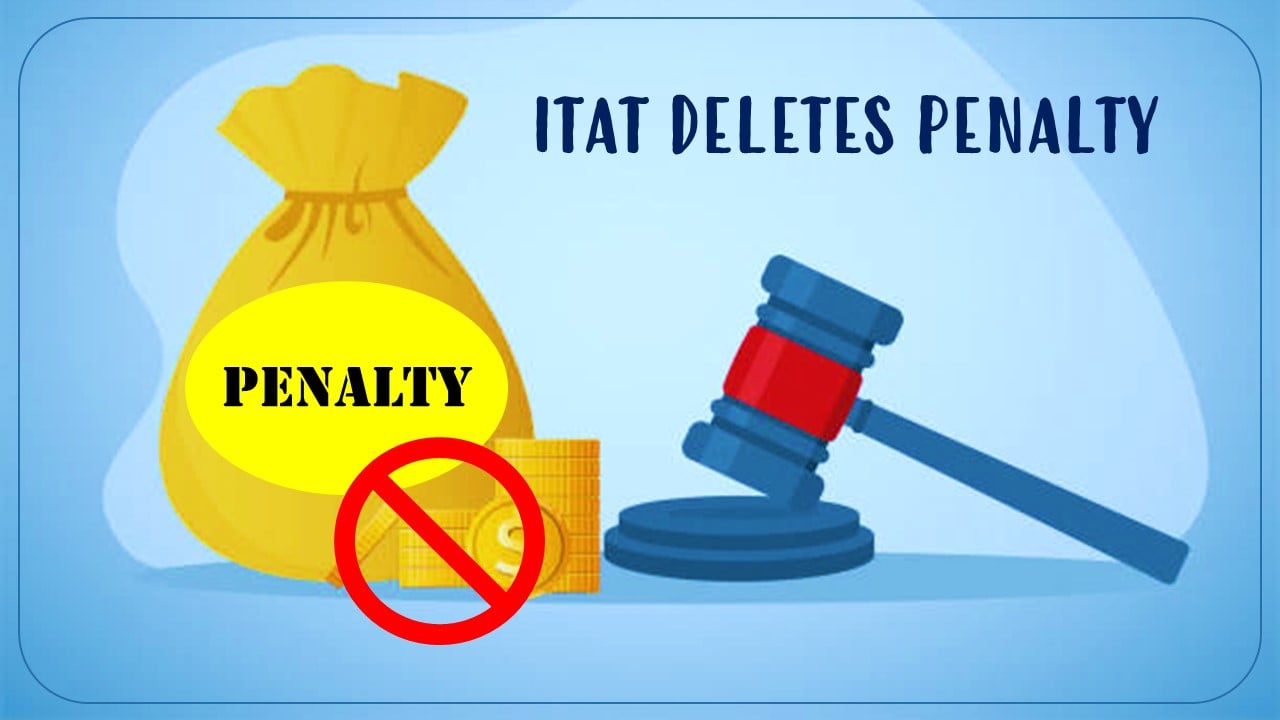Want to know why the budget deficit is enormous and growing? One reason is that when one political party in Congress proposes new tax cuts or new spending, the other party offers its own deal in return: We’ll accept your tax cuts and new spending but only if you agree to ours. And neither side tries to offset the costs with new revenues or spending cuts.
To see how it works, watch two classic examples as Congress scrambles to wrap up its work for the year.
First, there is the “emergency” international aid bill the Senate may consider as soon as next week. The plan, now exceeding $100 billion, will package an assortment of initiatives to satisfy the demands of both parties by, as usual, running up the deficit.
Emergency?
To start, there is that word “emergency,” which in Congress-speak usually means unanticipated expenses to respond to urgent events such as natural disasters or pandemics. Those situations require immediate action that cannot wait for lawmakers to agree on financing, and thus they raise the deficit.
But little in this package was a surprise.
True, the $14 billion in military aid to Israel and the humanitarian assistance for Gaza could not have been anticipated. But the vast bulk of the new money was completely expected.
The Biden Administration’s proposal for another $61 billion in Ukraine aid was just the latest tranche in its multi-year effort to defeat the Russian invasion. Similarly, Biden has been lobbying for more Taiwan funding as it tries to neutralize China’s regional saber-rattling. And Republicans have been pushing for more border security funding for years.
While there is broad support on Capitol Hill for aid to Israel and Taiwan, the rest of the package requires trade-offs to satisfy costly demands of both parties. Rolling hard-to-pass international assistance into a single bill is a political convenience that creates a grand opportunity for budget-busting deal-making.
Doing It All
Democrats want humanitarian aid for Gaza but most Republicans don’t. Republicans want more money for US-Mexico border security but many Democrats don’t. Democrats want more military support for Ukraine but some Republicans don’t.
What is Congress likely to do? Pass all of it. Republicans will swallow Gaza and Ukraine aid in return for Democrats agreeing to more border security money. And everybody gets the Israel and Taiwan assistance they want.
Each of these initiatives may have merit. But adding another $100 billion to a projected fiscal year 2024 deficit of $1.6 trillion, with no serious thought of paying for it, is bipartisan irresponsibility.
House Republicans have made an even worse choice. They agreed to fund $14 billion in military aid for Israel. But they claimed they were paying for it by cutting funding for IRS enforcement and other activities by $14 billion.
There is just one problem: The Congressional Budget Office figures cutting the IRS budget by $14 billion would add another $13 billion to the deficit since it would make it harder for the agency to collect taxes that are already owed. Thus, the total actual cost of $14 billion for Israel: nearly $27 billion. Only in Washington.
Back-Scratching On Taxes
And speaking of taxes, lawmakers also are dancing around a similar I’ll-scratch-your-back-if-you-scratch-mine deal on the revenue side. For a year, Republicans have been trying to convince Democrats to fix four corporate tax increases the GOP put into the 2017 Tax Cuts and Jobs Act. Those fixes could cost $47 billion through 2025. Democrats are willing to back the changes but insist Republicans agree in return to expand the Child Tax Credit. That step could add up to another $45 billion to the deficit through 2025, though some reforms could be achieved for less.
And keep in mind that lawmakers say they want to make these tax changes only through 2025, when the individual provisions of the TCJA are due to expire. But they really want to make the changes permanent, which could add $800 billion to the deficit over the next decade, according to the Committee for a Responsible Federal Budget.
As with the spending proposals, these tax changes may have merit (some of them, at least). But they should be paid for with tax increases or spending cuts.
Instead, many lawmakers on both sides of aisle seem to think they can satisfy concerns about rising deficits by creating a new bipartisan commission to recommend ways to address the federal debt sometime in the future. Given Congress’s incurable infatuation with more spending and endless tax cuts, any commission is doomed to fail.
If ever there was a time to confront the enormous federal debt, it should be now. The economy is strong enough to tolerate fiscal restraint. And interest rates are high, thus raising the cost of servicing the growing debt. Yet, even as they nod to the need for deficit reduction, lawmakers of both parties are aking fiscal matters worse.




